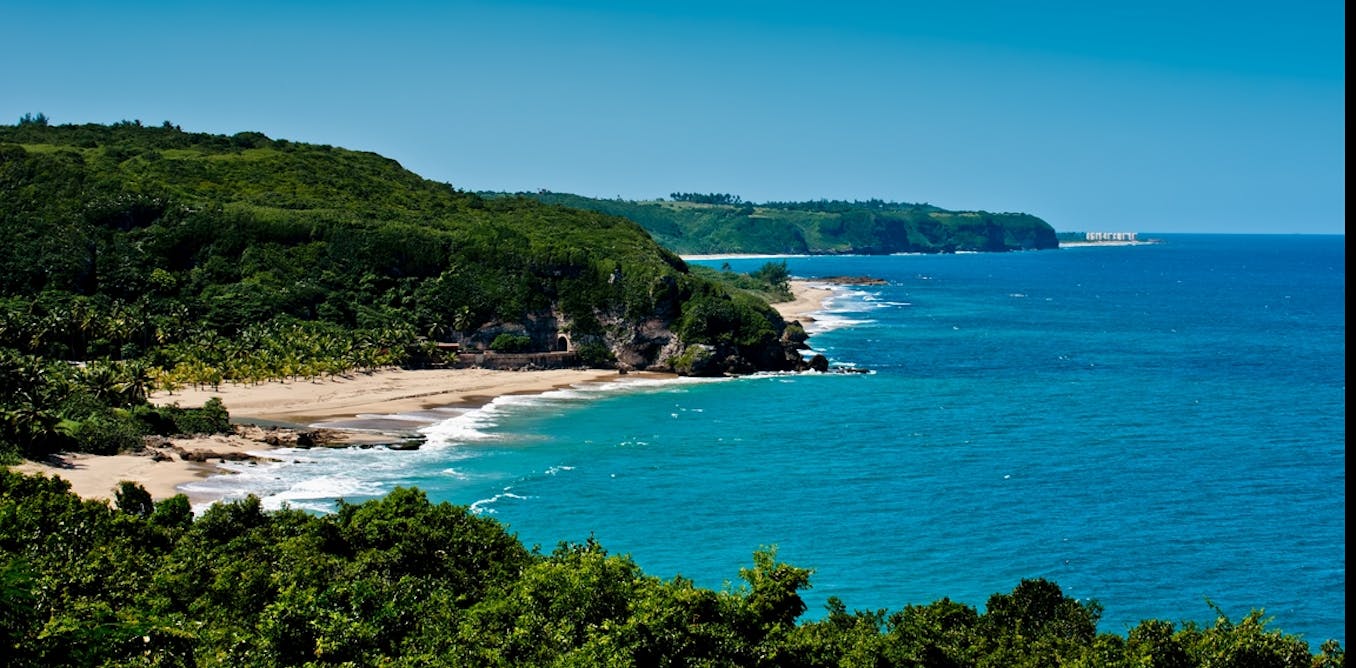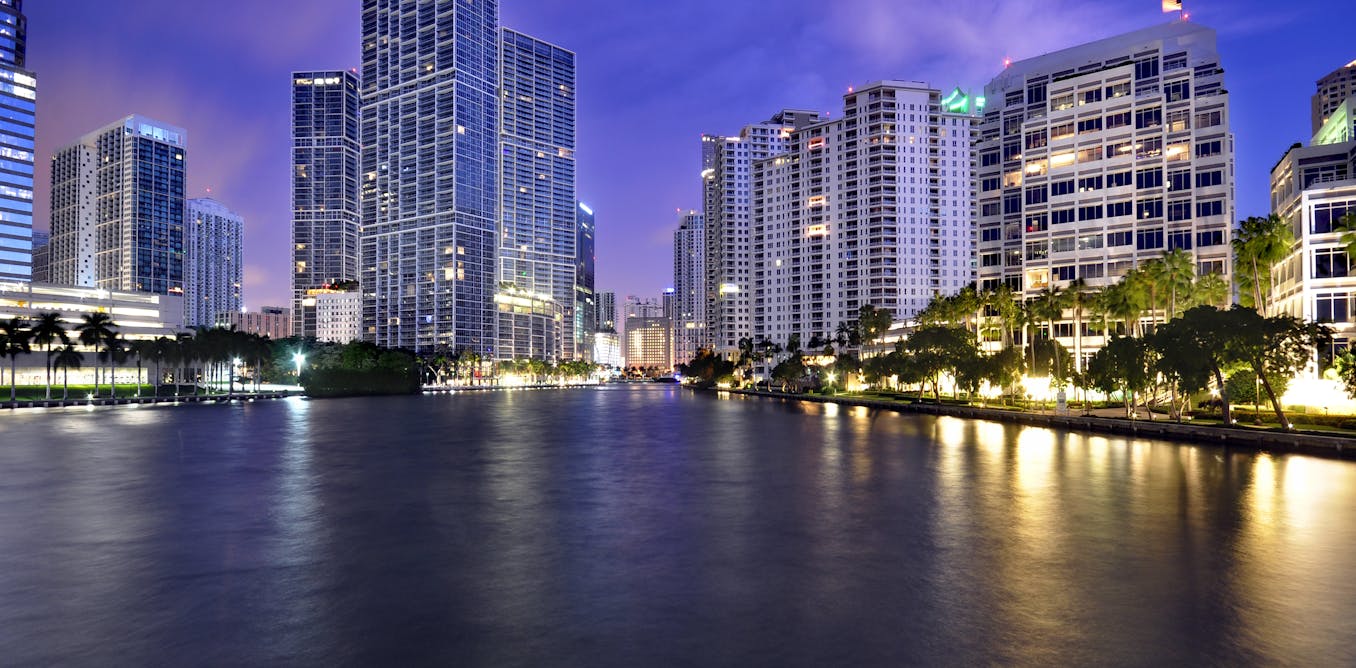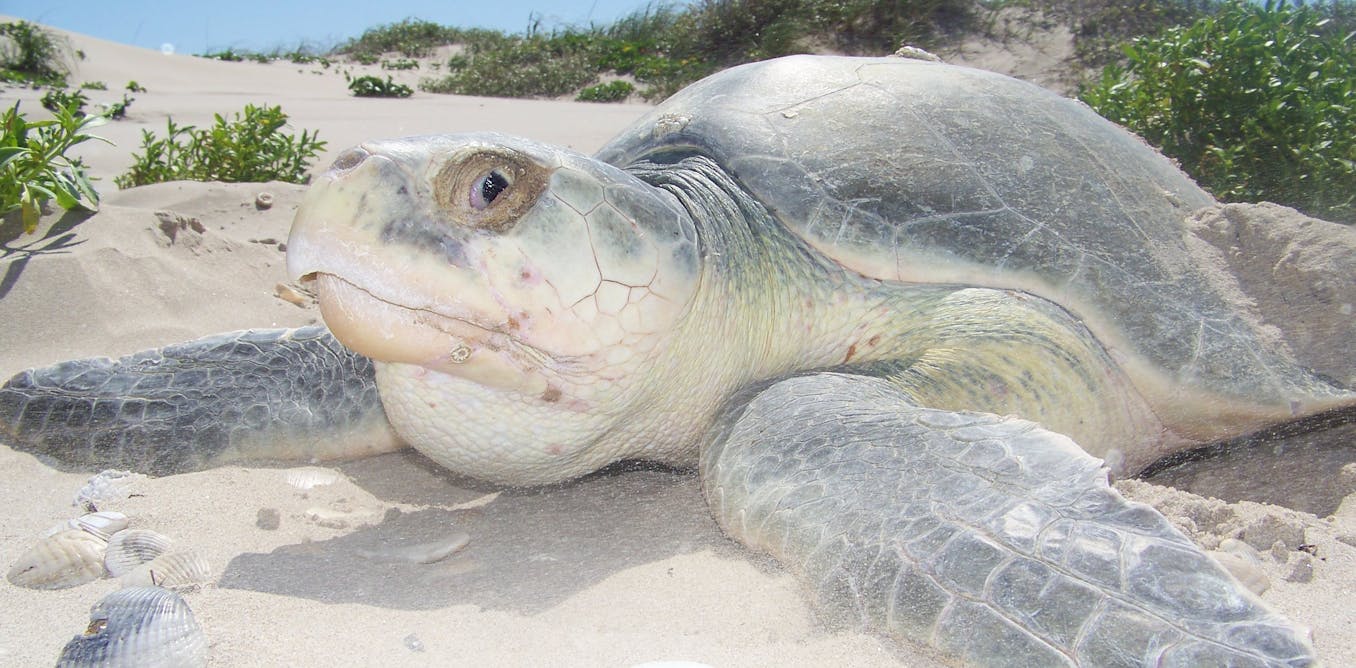A better way to do flood and wildfire risk ratings: Translating risk to future costs helps homebuyers and renters grasp the odds
Telling people they have a flood risk rating of 10 is less powerful than explaining how much they’re likely to pay to deal with flooding over the next five years.
July 28, 2022 • ~7 min








